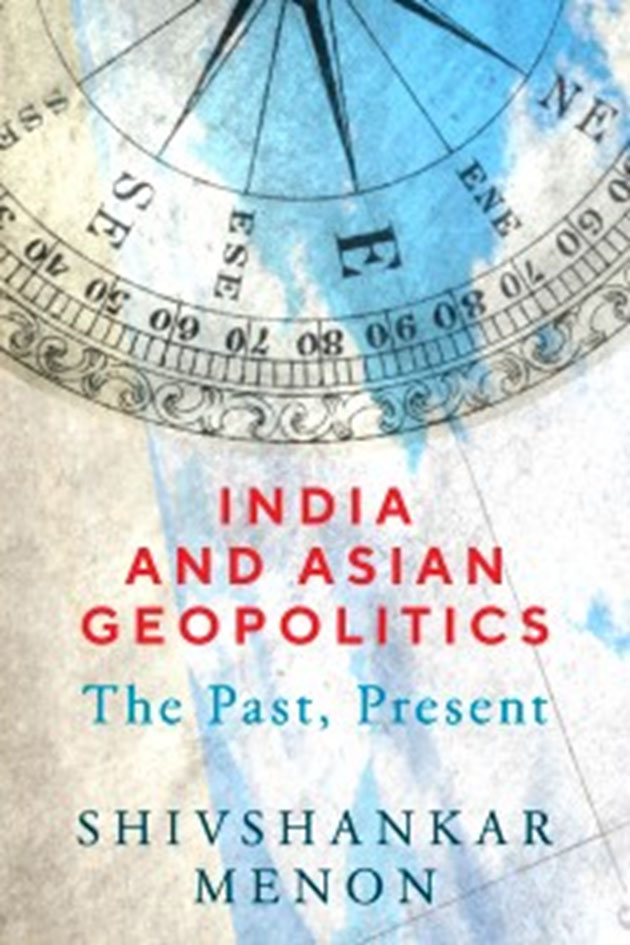Those who have read Shivshankar Menon’s first book, Choices, would be familiar with his sharp analytical skills and ability to cut through a mass of disparate detail to focus on underlying patterns that tell a coherent story. Choices pegged its learnings from a set of specific events in which he himself was involved as a practitioner. His latest offering, India and Asian Geopolitics, presents a much broader canvas, against which the story of India’s place in the world has been described but with the same ability to discern the key drivers which have shaped India’s foreign policy since its emergence as an independent political entity in 1947. Context is important when looking for drivers of policy and historiography must never neglect to take into account circumstances prevailing at a certain moment in history and the prism through which leaders perceived and assessed the situation confronting them. The author has done well in providing that context enabling a much more rounded, much more nuanced assessment of India’s foreign policy. As he points out, India is part of a subcontinent, the only subcontinent in the world, and this means that it is in some ways a sui generic case. But it is and has been integrally connected to the larger Asian landscape and it is necessary to keep in mind this larger Asian context while looking at how India has dealt with its external environment. There is a tendency among foreign policy analysts to look at specific events in an atomized manner, identifying local drivers and proximate causes. This enables only a partial and sometimes even a distorted picture. It is important that the larger Asian canvas with which historical events and processes are inter-connected, must never be lost sight of. As Menon points out, ‘Asia matters and its internal linkages mean that all of Asia will be the primary determinant of the external environment in which India must operate.’
, volume , No September 2021, volume 45, No 9

